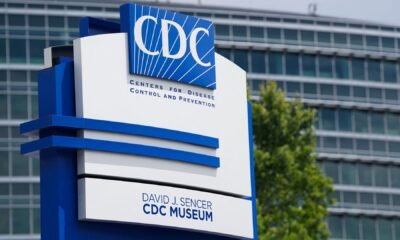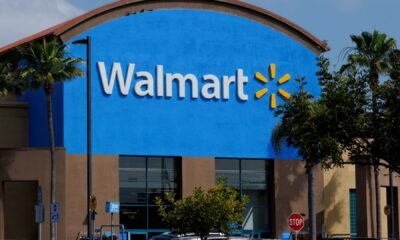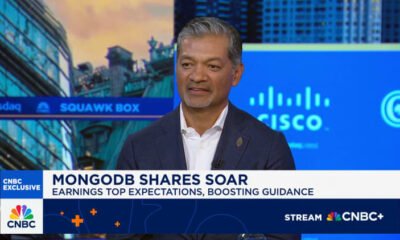Funding & Business
After 15 years, the Giving Pledge yields mixed results

Warren Buffett, Bill and Melinda Gates, in an interview on May 5, 2015
CNBC
A version of this article first appeared in CNBC’s Inside Wealth newsletter with Robert Frank, a weekly guide to the high-net-worth investor and consumer. Sign up to receive future editions, straight to your inbox.
In June 2010, Bill Gates, Melinda French Gates and Warren Buffett started what could be described as the world’s most ambitious fundraising drive. After promising to give away the vast majority of their wealth, the trio asked their ultra-wealthy peers to pledge at least half of their assets to charity during their lifetimes or in their estates.
In two months, the Giving Pledge garnered signatures from 40 of America’s richest families and individuals to sign up. That first batch of pledgers, including Michael Bloomberg and David Rockefeller, was announced 15 years ago this week.
In the years since, the Giving Pledge has lost steam when it comes to enrollment. By the end of 2010, 57 signatories representing an estimated 14% of America’s billionaires had made the nonbinding commitment, according to a recent report by the Institute for Policy Studies. Currently, the pledge has commitments from 256 individuals, couples and families, including 110 American billionaires, per the progressive think tank. This group makes up 12% of the U.S. billionaire population as estimated by Forbes.
The annual number of sign-ups has also flagged since that first year. Even in 2020 when the pandemic spurred wealthy donors to give more, the Giving Pledge only earned 12 new signatories. This past May, the pledge welcomed 11 new members, a marked improvement over 2024’s record low of four.
Meanwhile, over the past 10 years, the number of billionaires worldwide has increased by more than half to 2,891, according to UBS. Their wealth also doubled by more than half to an estimated $15.7 trillion, UBS said.
“It’s disappointing in that you would hope more people would step up,” said Chuck Collins, program director at the IPS and great-grandson of the meatpacker Oscar Mayer.
Collins, a co-author of the report, said the rapid increase in wealth may be partly to blame. This surge in wealth has also made it challenging for the pledgers to give away their money fast enough.
“Some of this is fairly sudden, the wealth growth,” he said, “so you got to give people … a decade of slack, if you just land in the billionaire class to figure it out.”
Whether the Giving Pledge has been successful depends on whom you ask. The IPS report described the Giving Pledge as “unfulfilled, unfulfillable, and not our ticket to a fairer, better future” and identified only one living couple to have fulfilled the pledge, John and Laura Arnold.
A spokesperson for the Giving Pledge described the IPS report as “misleading,” and said the IPS used incomplete data and excluded “significant forms of charitable giving,” including gifts to foundations.
“For fifteen years, the Giving Pledge has helped create new norms of generosity and grown into a connected and active global learning community,” a spokesperson wrote in a statement to Inside Wealth.
Collins said the Giving Pledge has some merit, describing it as a “community of peers among a group who don’t have a lot of peers.”
Amir Pasic, dean of the Indiana University Lilly Family School of Philanthropy, said it has had a lasting impact on how the wealthy think about their giving.
“I still think that it was really important attempt to socialize the new wealth that was emerging early on in this century,” he said. “We can interestingly debate how successful it has or hasn’t been, but it’s become a feature of the high-net-worth philanthropic landscape.”
Though Giving Pledge enrollment has stagnated, other efforts to accelerate giving have emerged, said Pasic, citing the collective Blue Meridian Partners.
And while some billionaires, particularly younger ones, may be reluctant to associate themselves with the Gateses and Buffett, it doesn’t mean they aren’t contributing in their own way, Pasic said.
“Buffett is the senior representative of new wealth at the beginning of this century. New representatives have emerged since then,” he said.
According to Collins, impact investing and other alternatives to traditional philanthropy have gained traction, especially among the new class of tech billionaires. He gave the example of Oracle‘s Larry Ellison amending his pledge to focus his resources on technology research instead of traditional nonprofit organizations.
“I think there’s a little more blurring between for profit and nonprofit, charity versus impact investing,” Collins said.
Venture capital billionaire Marc Andreessen has gone so far as to declare that innovating technology — and amassing personal riches in the process — is philanthropic in and of itself.
“Who gets more value from a new technology, the single company that makes it, or the millions or billions of people who use it to improve their lives? QED,” he wrote in 2023.
Pasic said it is possible that Bill Gates’ recent commitment to give away virtually all of his wealth over the next 20 years may bring new urgency to the Giving Pledge.
“I think that remains to be seen,” he said, “whether it’s going to end up being more of a kind of a private club that becomes less relevant or if it’ll be the beginning of something broader, gaining new energy in this turbulent time and or spawning other kinds of groups … or other collectives.”
Funding & Business
CDC asks all staff to return to office Sept. 15 after HQ shooting
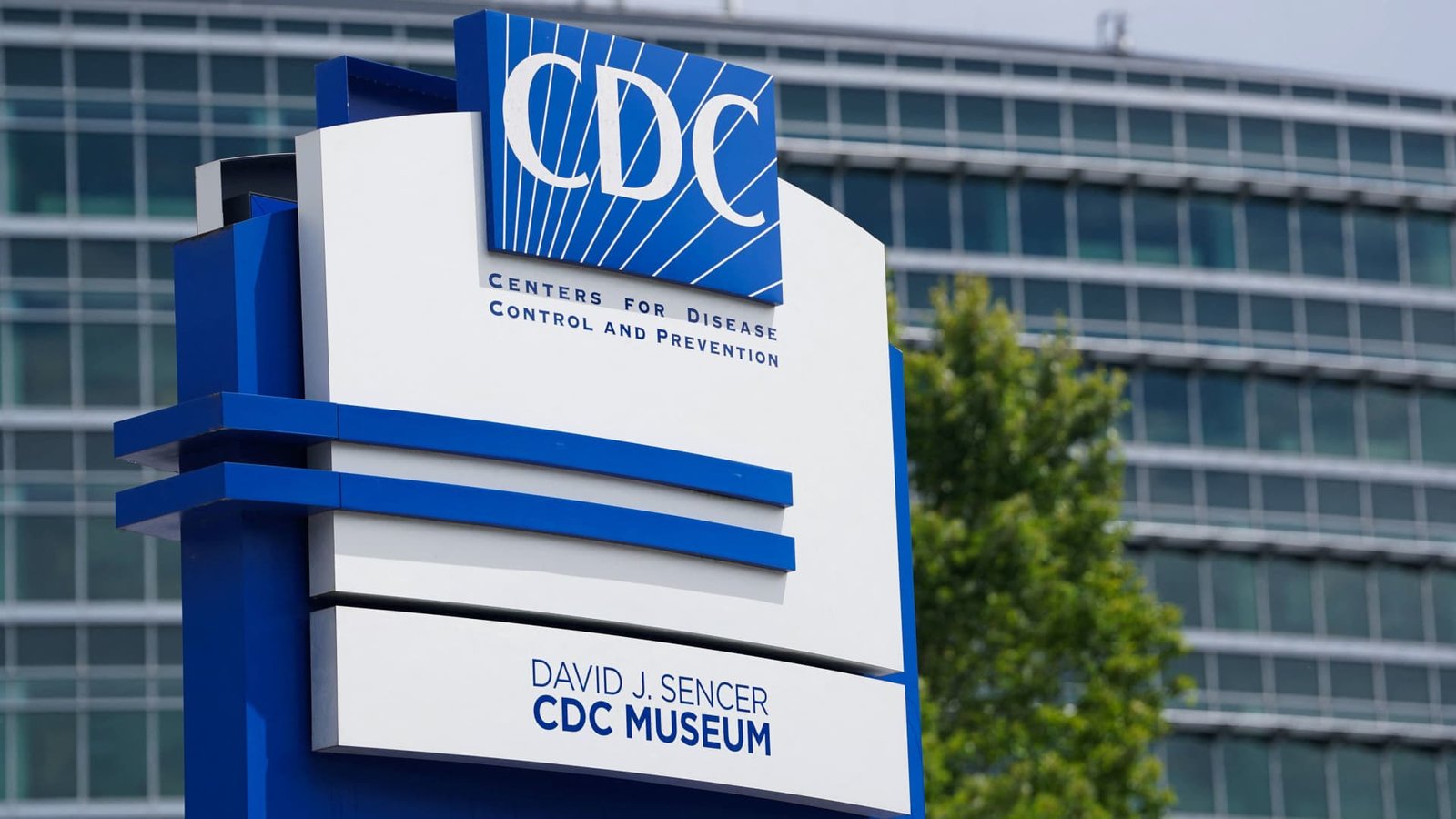
A sign for the CDC sits outside of their facility at the Centers for Disease Control and Prevention Roybal campus in Atlanta, Georgia, U.S., May 30, 2025.
Megan Varner | Reuters
The Centers for Disease Control and Prevention told staff it expects them to return to offices by Sept. 15, roughly five weeks after a gunman’s deadly attack on the agency’s headquarters in Atlanta, CNBC has learned.
“Your safety remains our top priority. We are taking necessary steps to restore our workplace and will return to regular on-site operations no later than Monday, September 15,” Lynda Chapman, the agency’s new chief operating officer, said in an email sent Thursday that was viewed by CNBC.
Chapman said all staff will be expected to return to their offices by that date, according to the email. For employees whose workspaces remain impacted by the shooting — including physical damage from the gunman’s attack — the CDC will provide alternative spaces on its campus, Chapman wrote in the email.
She said the agency has made “significant progress” on repairs at the CDC Roybal Campus in Atlanta. CDC leadership and a “Response and Recovery Management” team are working to address staff concerns and ensure a safe environment as the agency transitions back to in-office work, Chapman added.
CDC staff had been instructed to work remotely following the Aug. 8 shooting, with options to return to the office in the weeks that followed, according to two people familiar with the matter, who requested anonymity for fear of retribution for speaking to the media.
The Department of Health and Human Services did not immediately respond to a request for comment.
The internal announcement comes at a tumultuous time for the CDC and its workforce. The shooting didn’t result in injuries among CDC staff but shell-shocked a workforce that was already reeling from sweeping changes under HHS Secretary Robert F. Kennedy Jr., including staff cuts and heated controversy over his efforts to change CDC immunization policies and fire the agency’s panel of vaccine advisors.
The return-to-office guidance also comes as the CDC grapples with a leadership upheaval: The White House earlier this week said President Donald Trump had fired the agency’s director, Susan Monarez. Four other top officials resigned, some of them citing the politicization of the agency and a threat to public health.
Authorities identified the gunman behind the shooting at CDC headquarters as Patrick Joseph White and said they recovered five guns and more than 500 shell casings from the scene. During the attack, agency employees were forced to barricade themselves in offices.
White fatally shot a responding police officer, 33-year-old David Rose, and then killed himself. White had blamed the Covid-19 vaccine for making him depressed and suicidal.
Before her firing, Monarez appeared to directly blame the role of misinformation in the shooting, according to an email sent to staff on Aug. 12 that was viewed by CNBC.
In the note, Monarez said, “the dangers of misinformation and its promulgation has now led to deadly consequences. I will work to restore trust in public health to those who have lost it- through science, evidence, and clarity of purpose. I will need your help.”
Funding & Business
Spirit Airlines Bankruptcy Tees Up Painful Cuts in Survival Bid
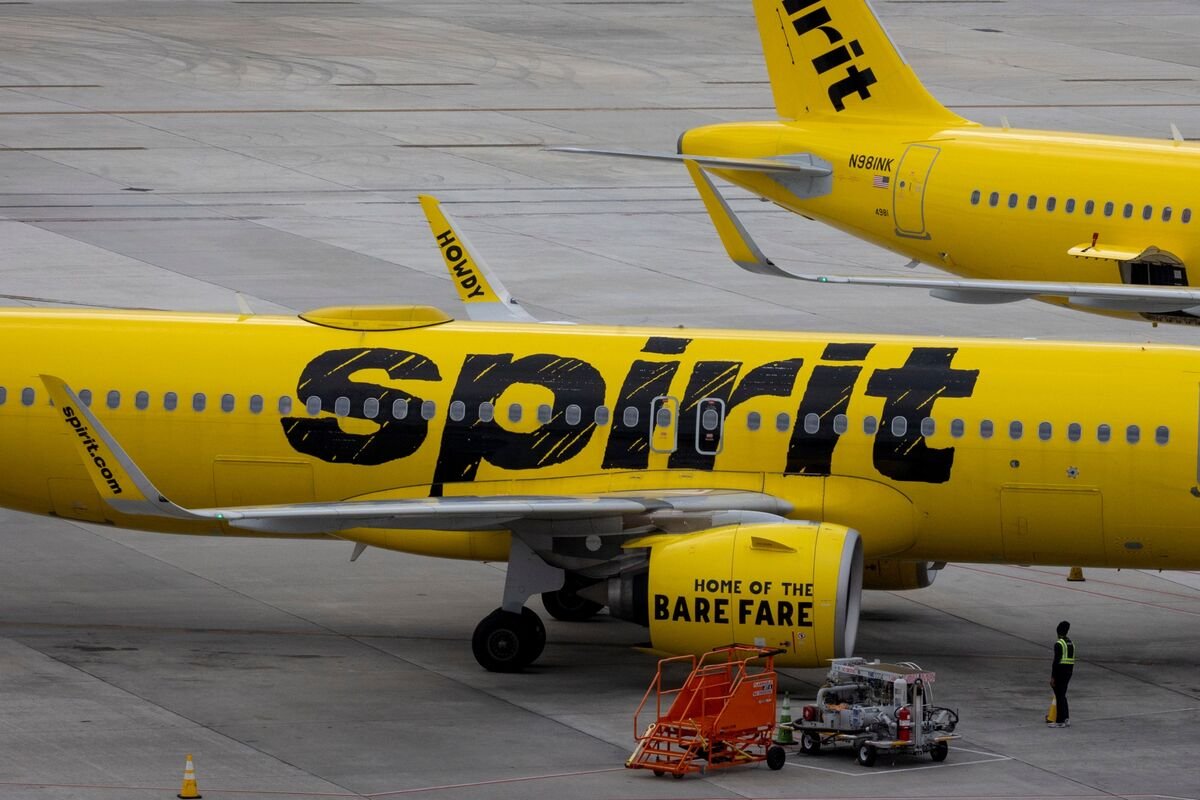
Spirit Aviation Holdings Inc.’s second bankruptcy filing in a year signals that the low-cost carrier is finally facing up to the painful steps needed to ensure its survival.
But its board faces daunting challenges on the path ahead, including how to downsize its fleet of leased aircraft while managing the roller coaster market conditions for US air travel that complicate the prospects for a long-term recovery.
Funding & Business
Rising US Corporate Debt Ahead With $1 Trillion in Deals
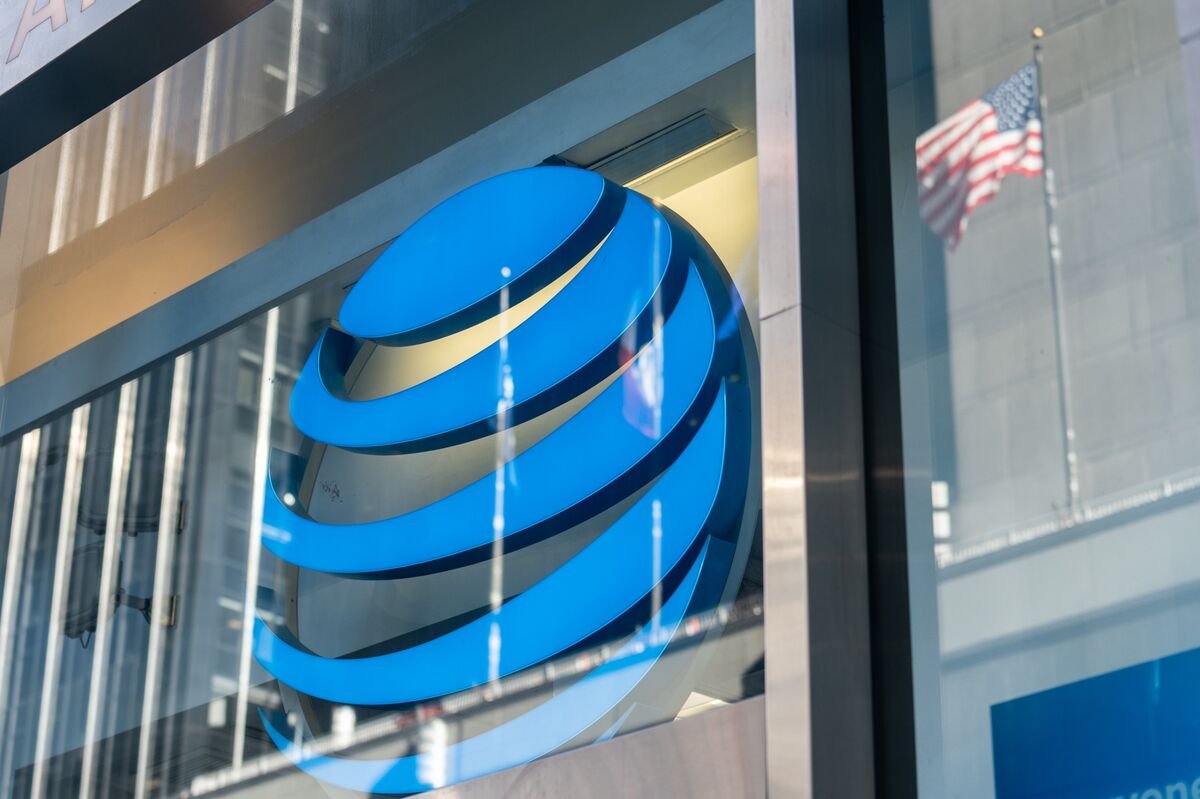
US companies are poised to boost their debt levels to help fund a $1 trillion wave of acquisitions, a reversal after years of scaling back their borrowings.
Keurig Dr Pepper Inc. this week said it’s buying coffeemaker JDE Peet’s NV and funding the deal with a €16.2 billion ($19.0 billion) bridge loan. AT&T Inc. said on Tuesday it’s buying spectrum licenses from EchoStar Corp. for about $23 billion, a move that will probably be at least partly funded with bonds.
-
Tools & Platforms3 weeks ago
Building Trust in Military AI Starts with Opening the Black Box – War on the Rocks
-

 Ethics & Policy1 month ago
Ethics & Policy1 month agoSDAIA Supports Saudi Arabia’s Leadership in Shaping Global AI Ethics, Policy, and Research – وكالة الأنباء السعودية
-

 Events & Conferences3 months ago
Events & Conferences3 months agoJourney to 1000 models: Scaling Instagram’s recommendation system
-

 Jobs & Careers2 months ago
Jobs & Careers2 months agoMumbai-based Perplexity Alternative Has 60k+ Users Without Funding
-

 Funding & Business2 months ago
Funding & Business2 months agoKayak and Expedia race to build AI travel agents that turn social posts into itineraries
-

 Education2 months ago
Education2 months agoVEX Robotics launches AI-powered classroom robotics system
-

 Podcasts & Talks2 months ago
Podcasts & Talks2 months agoHappy 4th of July! 🎆 Made with Veo 3 in Gemini
-

 Podcasts & Talks2 months ago
Podcasts & Talks2 months agoOpenAI 🤝 @teamganassi
-

 Mergers & Acquisitions2 months ago
Mergers & Acquisitions2 months agoDonald Trump suggests US government review subsidies to Elon Musk’s companies
-

 Jobs & Careers2 months ago
Jobs & Careers2 months agoAstrophel Aerospace Raises ₹6.84 Crore to Build Reusable Launch Vehicle


